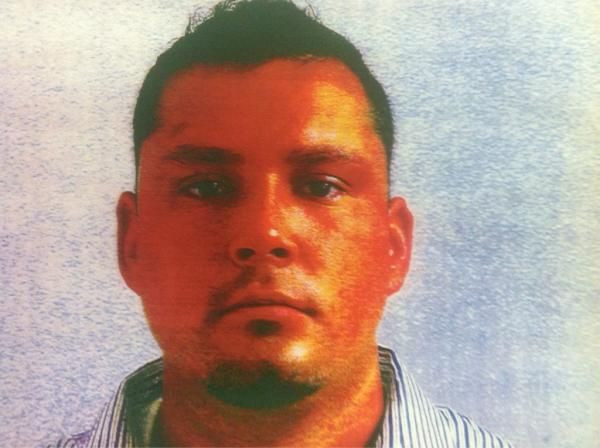Hospital Tech David Kwiatkowski Pleads Guilty In Hepatitis C Outbreak, Used Own Blood To Infect At Least 32 People

Hospital technician David Kwiatkowski entered a plea agreement that would allow him to be sentenced to as little as 30 years in prison for using his own blood to infect patients with hepatitis C in an outbreak that spanned New Hampshire, Maryland, Kansas, and Pennsylvania.
"Kwiatkowski used the stolen syringes to inject himself, causing them to become tainted with his infected blood, before filling them with saline and then replacing them for use in the medical procedure," the U.S. attorney's office in Concord, N.H., said in a statement. "Consequently, instead of receiving the prescribed dose of fentanyl, patients instead received saline tainted by Kwiatkowski's infected blood."
Hepatitis C is an infection that causes liver damage. It is usually transmitted by contact with contaminated blood through needles. In its earliest stages, hepatitis C infection shows no real symptoms. Some more advanced symptoms of the disease include fatigue, fever, nausea, and yellowing of the skin and eyes.
Read more: California Doctor Sentenced To 14 Years In Prison For Fake Cancer Cure
According to the Daily News, 32 patients in New Hampshire alone were infected. Kwiatkowski’s strain of hepatitis C was also found in seven patients in Maryland, six patients in Kansas, and one in Pennsylvania. One patient in Kansas died from complications associated with hepatitis C.
Kwiatkowski’s plea agreement details the former hospital technician’s quiet reign of terror as he swapped out syringes in different state hospitals from 2002 until his arrest in the summer of 2012. Kwiatkowski told law enforcement officials that he tainted syringes with his blood about 50 times in New Hampshire, at least 30 times in Georgia, and over 20 times in Kansas.
"It was all me and I'm going to kill a lot of people out of this," the plea agreement states. "I'm killing a lot of people."
Some of Kwiatkowski’s victims and their families feel like the plea agreement is too fair to Kwiatkowski. He pled guilty to 14 counts of federal charges in exchange for a lighter sentence. Had he went to trial, he could have been sentenced to close to a century behind bars. Seventy-one-year-old Linda Fickin, who Kwiatkowski allegedly infected with the disease while she was a patient in Kansas, said she wishes the sentence was heftier.
"It should've been life, since he gave us potentially a death sentence," she said.
Published by Medicaldaily.com



























